14 Health Benefits Of Artichoke, Nutrition, & Side Effects
From aiding digestion to weight loss – this unique vegetable boosts your health in many ways.
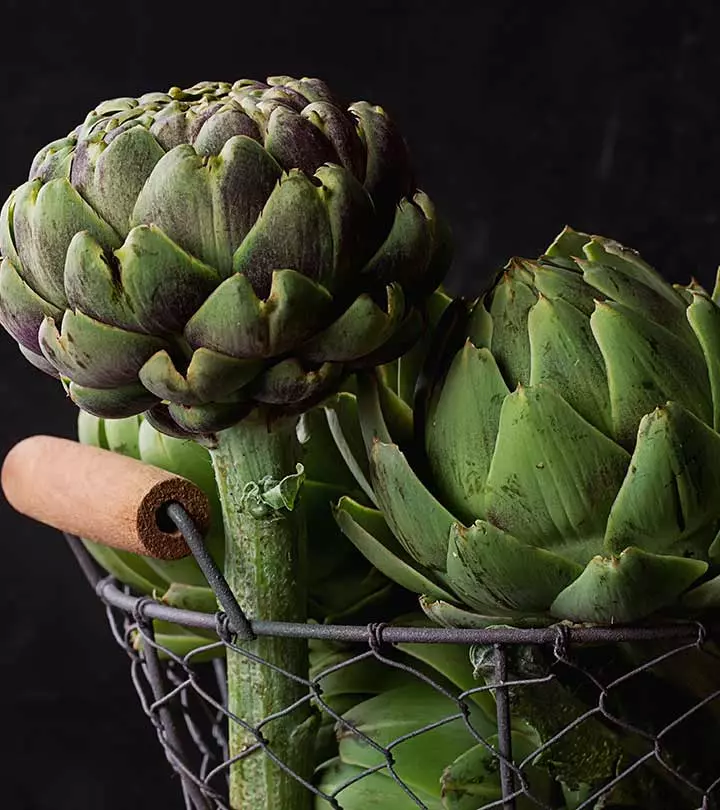
Image: Shutterstock
Artichokes are the nutritious members of the sunflower family native to the Mediterranean. These little green spears will only spearhead the way to great health and glory. The health benefits of artichokes stem from its rich nutritional profile comprising dietary fiber, vitamins, minerals, and beneficial bioactive compounds. They are usually boiled, roasted, or steamed and paired with vinaigrette, hollandaise, or butter-based sauces. They also impart a mild, subtle flavor to your dish. In simple words, artichokes are wonderful. And including them in your diet is one good decision you can make. Keep reading to know what we are talking about.
 Know Your Ingredient: Artichokes
Know Your Ingredient: ArtichokesWhat Is It?
It is an immature flower bud of thistle and is consumed as a vegetable.
What Are Its Benefits?
It helps treat digestive problems, improves liver, heart, hair, and skin health, aids weight loss, boosts immunity, prevents cancer growth, and improves brain function.
Who Can Consume It?
It is recommended that everyone include artichokes in their regular diet to stay healthy.
How Often?
You can have artichoke tea twice a day. As for supplements, a 350mg capsule can be taken 3 times a day.
Caution
Avoid consuming artichokes if you experience any allergic reactions or frequent urination.
In This Article
What Are Artichokes?
Also called the globe artichoke, and scientifically termed Cynara scolymus, artichoke is a vegetable belonging to the sunflower family. The flower buds of the plant (before the flowers come into bloom) are the edible portions. It is called ‘artischoke’ in German, ‘artichaut’ in French, ‘alcachofa’ in Spanish, and ‘chao xian ji’ in Chinese.
Artichoke is rich in the bioactive agents apigenin and luteolin, and the antioxidant activity of the artichoke flower heads is the highest reported in vegetables. And guess what – there are over 140 artichoke varieties, of which only 40 are grown and sold commercially as food.
Also, artichoke leaf extracts are more beneficial than the artichokes themselves. This is because the polyphenolic compounds are found in higher concentrations in the leaves of the plant. Some of the very important compounds in artichoke leaf extract are:
– Cynarin, which acts on the liver cells to enhance the production of bile.
– Cynaropicrin, which is what makes artichokes taste bitter.
– Cynaroside, which has anti-inflammatory properties.
– Sterols, which help reduce the amount of cholesterol absorbed from the intestine into the bloodstream.
– Malic acid, which is an organic acid.
There are two types of artichoke extract – the globe artichoke extract (which is the extract of the artichoke globe) and the cardoon extract (extract from the leaves) – both have excellent antioxidant properties.
There is more to know about artichokes. But before that, how about taking a plunge into their history?
Key Takeaways
- According to studies, artichoke flowers have the highest antioxidant activity among vegetables.
- Artichoke leaf extract contains bioactive compounds that increase bile production, act against inflammations, and reduce cholesterol levels in the blood.
- The antioxidant compounds detoxify the liver and block and kill cancer cells. They lower blood pressure and maintain heart health.
- The vegetable’s high fiber content makes it an excellent weight-loss ingredient.
- Remove the thorns before cooking. You can cook the artichoke by steaming, boiling, or baking it.
What Is The History Of Artichokes?
The name artichoke is believed to have originated from the word ‘articiocco’ (ciocco means stump). Records of artichoke consumption date back to ancient Greece and Roman empires. Today, this plant can be found in the Mediterranean region and is a part of the healthy Mediterranean diet.
Artichokes were introduced to England by the Dutch around 1530. In 1850, a French physician had used artichoke leaf extract to treat jaundice that wasn’t improving with drugs – and this led to an increase in the studies. It was in the 19th century that the health benefits of artichokes started getting circulated in the United States. And today, California produces almost all of the artichokes in the US. Some of the other varieties of artichokes include Green Globe, Big Heart, Desert Globe, and Imperial star – the colors of which range from dark purple to pale green.
 Trivia
TriviaThat’s a little about the history. But the nutritional profile of artichokes is far more interesting.
What Is The Nutritional Profile Of Artichokes?
| Principle | Nutrient Value | Percentage of RDA |
|---|---|---|
| Energy | 47 Kcal | 2% |
| Carbohydrates | 10.51 g | 8% |
| Protein | 3.27 g | 6% |
| Total Fat | 0.15 g | 0.5% |
| Cholesterol | 0 mg | 0% |
| Dietary Fiber | 5.4 g | 14% |
| Vitamins | ||
| Folates | 68 µg | 17% |
| Niacin | 1.046 mg | 6.5% |
| Pantothenic acid | 0.338 mg | 7% |
| Pyridoxine | 0.116 mg | 9% |
| Riboflavin | 0.066 mg | 5% |
| Thiamin | 0.072 mg | 6% |
| Vitamin C | 11.7 mg | 20% |
| Vitamin A | 13 IU | 0.5% |
| Vitamin E | 0.19 mg | 1% |
| Vitamin K | 14.8 µg | 12% |
| Electrolytes | ||
| Sodium | 94 mg | 6% |
| Potassium | 370 mg | 8% |
| Minerals | ||
| Calcium | 44 mg | 4% |
| Copper | 0.231 mg | 27% |
| Iron | 1.28 mg | 16% |
| Magnesium | 60 mg | 15% |
| Manganese | 0.256 mg | 11% |
| Phosphorus | 90 mg | 13% |
| Selenium | 0.2 µg | |
| Zinc | 0.49 mg | 4.5% |
| Phyto-nutrients | ||
| Carotene-alpha | 8 µg | |
| Crypto-xanthin | 0 µg | |
| Lutein-zeaxanthin | 464 µg | |
One medium-sized artichoke (120 grams) contains about 64 calories, 14.3 grams of carbohydrates, 0.4 grams of fat, and 10.3 grams of fiber. It also contains 3.5 grams of protein. Other important nutrients in artichokes include:
- 7 micrograms of vitamin B12 (27% of the daily value)
- 8 micrograms of vitamin K (22% of the daily value)
- 9 milligrams of vitamin C (15% of the daily value)
- 4 milligrams of magnesium (13% of the daily value)
- 343 milligrams of potassium (10% of the daily value)
- 1 milligrams of riboflavin (6% of the daily value)
- 1 milligrams of vitamin B6 (5% of the daily value)
- 7 milligrams of iron (4% of the daily value)
- 5 milligrams of zinc (3% of the daily value)
These nutrients (and many others) offer us some incredible benefits. Which is what we will see now.
14 Health Benefits Of Artichokes
Are artichokes good for you? Yes, they are! The fiber in artichokes aids digestion and contributes to healthy weight loss. It also regulates the levels of blood sugar and blood cholesterol, the latter enhancing heart health as well. While the important antioxidants like quercetin and gallic acid prevent cancer, various other antioxidants in artichokes help improve the health of the skin and hair.
1. Help Treat Indigestion And Other Digestive Issues

Artichoke leaf extract is recommended in several parts of the world to treat indigestion. The extract increases the flow of bile, and this speeds the food through the digestive tract. This is also the reason the extract can ease the symptoms of fullness and bloating.
One UK study also talks about how artichoke leaf extract can help relieve the symptoms of irritable bowel syndrome (1). And given artichoke is a fibrous vegetable, it feeds the healthy probiotic bacteria in the gut and improves gut health (2).
2. Prevent Cancer Growth
Artichoke extracts were found to have negative effects on breast cancer cells in several studies. Research also states that artichokes can slow down the activity of liver cancer cells and help in cancer prevention. All of this can be attributed to silymarin, a flavonoid in artichoke, which was found to be an anticancer agent.
The antioxidants in artichokes, namely rutin, quercetin, and gallic acid, were found to reduce the growth of cancerous cells. The polyphenols in artichokes were also found to induce cancer cell death (3).
As per other reports, the antioxidants in polyphenols kill pancreatic cancer cells as well. This can be attributed to apigenin, one of the compounds in artichokes (4).
3. Improve Liver Health And Aid Detoxification
Artichokes are quite popular for detoxifying your liver. Cynarin and silymarin, two compounds in artichokes, are known to improve liver health by reducing the amount of toxins. Globe artichoke has similar liver-regenerating properties like milk thistle (a plant known particularly for its liver-enhancing properties). The veggie is also known to prevent liver damage.
According to one Turkish study, artichoke leaf extract reduces oxidative stress on the liver (5).
4. Enhances Heart Health
The fiber in artichokes can contribute to heart health. And as per one Italian study, artichokes exhibit lipidic and glycemic-reducing action, which improves heart health to a great extent (6).
Artichoke leaf juice was also found to have antihypertensive effects – especially in those patients with mild hypertension (7). Lowering blood pressure is also one way of protecting the heart from damage and disease. And this can be attributed to the potassium content in the vegetable.
One German study had also proved that artichoke not only lowered bad cholesterol but also increased the levels of good cholesterol. The artichoke leaf extract boosts the flow of bile – and this plays a key role in the excretion of excess cholesterol from the body. The veggies also contain cynarin and lactones, compounds that prevent the synthesis of cholesterol.
5. Improve Skin Health

Artichokes are super rich in antioxidants, which improve skin health and appearance and slow down skin aging. They are also rich in vitamin C, which is one of the biggest contributors to healthy collagen development. And since artichokes aid detoxification, this reflects on your skin health as well – as getting rid of toxins in the body is one way to improve skin appearance.
Using a concoction made of artichokes can give one younger-looking skin.
The antioxidants in artichokes also prevent oxidative stress, which affects skin health. The leaf extract also contains another important chemical called cynaropicrin, which reduces the damage caused by UV rays and protects the skin (8).
6. Might Benefit The Hair
Being a rich source of vitamins A, B, and C, as well as phosphorus and calcium – artichokes revive dry and dull hair and give it that shiny and bouncy appearance.
You can boil green artichoke leaves for about half an hour. Allow the solution to cool and then strain it. Massage into the scalp. You can leave it on overnight and wash with warm water in the morning. This not only improves the appearance of your hair but also treats other hair issues like dandruff and dry scalp.
7. Aid Diabetes Treatment
Being fiber-rich vegetables, artichokes can keep blood sugar levels stable, which is very important for diabetics. The fiber allows glucose to be absorbed into the blood more slowly, and this prevents sudden spikes in blood sugar levels. As per one study, Jerusalem artichoke might improve insulin secretion in diabetic humans (9).
Artichoke extract was also found to inhibit the activity of α-glucosidase, which is an enzyme that breaks down starch into glucose and might spike blood sugar levels (10).
8. Might Aid Weight Loss

Being rich in fiber, artichokes might aid weight loss. Fiber helps the body get rid of waste, sugar, toxins, and excess cholesterol – all of which might lead to weight gain. Studies have shown that taking plenty of fiber is one great way to prevent visceral fati Commonly referred to as abdominal obesity, the excess fat that develops around the abdominal organs. (the kind of fat that gets accumulated around your internal organs).
Also, fiber can expand in your intestines and keep you full for long periods. This, by default, regulates your body weight.
Artichokes are also low in calories and fat, and hence make for an excellent food choice in a weight loss diet. The high fiber content in artichokes also boosts metabolism. And so do the other nutrients like niacin, vitamin B6, thiamin, and pantothenic acid – all of these exhibit optimum metabolic activities.
9. Protect Against Lead Toxicity
Accumulation of lead in the kidneys and other organs can be lethal. But the antioxidant effect of artichokes was found to reduce the concentration of lead in the blood (11).
10. Boost Immunity

One reason is the vitamin C – artichokes are rich in this nutrient, and that pretty much takes care of your immune system. And since artichoke is a good prebiotic, it enhances gut flora, and this also improves immunity.
Animal studies suggest that supplementation of Jerusalem artichoke may help boost antioxidant activity and immunoligical response (12). However, human studies are warranted to support this claim.
The high amount of protein in artichokes also enhances immunity – as protein is required for the regeneration of cells.
11. Strengthen Bones
The phytonutrients in artichokes are credited with various benefits, one of them being increased bone strength. They are also rich in magnesium, manganese, and phosphorus – minerals important for bone health and density.
What we need to look at again is the phosphorus in artichokes. This mineral works in tandem with calcium to build bones (13). Artichokes are also rich in lutein and zeaxanthin, powerful antioxidants known to keep the bones strong (14).
12. Prevent Birth Defects
Artichokes are rich in folate, which explains everything. Adequate intake of folate before and during pregnancy cuts the risk of birth defects in the newborn – some of which include the underdevelopment of the brain or the spinal cord. Taking 400 to 800 micrograms of folate each day can prevent these defects. One medium artichoke contains 107 micrograms of folate.
The folic acid in artichokes is also a co-factor in enzymatic reactions and DNA synthesis – both of which are important, more so during pregnancy.
Some sources say that adequate intake of folate can cut the risk of birth defects by as much as 70% (15).
13. Might Cure Hangover

Now this is interesting, isn’t it? And probably useful too.
Since artichokes have a beneficial effect on the liver, they might help cure hangovers. But we want to tell you that the evidence is inconclusive. In fact, one study states how ineffective artichoke extract was for curing hangovers (16). So, we suggest you talk to an expert before taking artichoke for this reason.
14. Improve Brain Function
The vitamin K in artichokes does the job here. This vitamin protects the neurons in the brain from damage. And this can help reduce the risk of Alzheimer’s as well. Artichokes also help expand blood vessels, which allows more oxygen to reach the brain.
And then, we have anthocyanins in artichokes, which guard against brain ailments and maintain mental functioning. And the folate in the veggie preserves memory, emotional health, and even helps treat depression.
Great. Now you know the benefits, and you want to pick a few of these wonder veggies right away. But there’s a catch. You also need to know how to pick ’em. And how to store ’em.
How To Select And Store Artichokes
Selection
- When shopping for artichokes, pick vegetables with firm globes that are compact, solid, and heavy.
- The artichoke should have tightly packed large leaves.
- The best artichokes to pick are those with firm heads.
- The stem should be fleshy.
- Brown stems are fine as long as they are turgid and not wilted, slimy or dry.
Storage
- Store the artichokes in the refrigerator. This vegetable should be loosely wrapped in a plastic or aluminum film. Fresh vegetables last up to a week, but it is better to consume them as quickly as possible.
- Cooked artichokes should be cooled completely before storing in the refrigerator if they are kept for more than a day or two.
- Do not place washed artichokes in the refrigerator for storage as the moisture causes the vegetable to spoil.
- Ensure raw or cooked artichokes are dry before storing in the refrigerator.
Once you know how to select and store, you would also want to know how to prepare and cook artichokes. Right?
How To Cook, Consume, And Serve Artichokes
Artichokes possess a sweet, nut-like flavor. They are thorny and need to be cleared of all thorns before they can be cooked and served.
Cooking
One must first wash the vegetable before cooking. Slice the stem end of the vegetable and peel the outer layer of leaves closest to the stem. Remove the top from each vegetable. Use a sharp, sturdy knife and trim about an inch from the pointed head of each artichoke. To remove the prickly tips from the outer set of leaves, use a pair of scissors to cut each leaf tip.
Ensure you brush the edges of the leaves (after removing the tips) with lemon to prevent browning of the vegetable. Remove any thorns visible to you to prevent damage to the mouth or throat while consuming the vegetable.
You can steam, boil or bake artichokes.
For steaming, place the artichokes in a steaming basket with the stems facing up. Leave them in for about 30 minutes when the water is boiling. You might also want to add some lemon juice for flavor.
For boiling, submerge the artichokes in boiling water for about 30 minutes. Keep it at a high simmer during that time.
For baking, pull apart the petals and season the vegetable with olive oil and other spices. Wrap it in two layers of foil and place it on a baking sheet. Bake at 425o F for an hour. Ensure you don’t overcook it.
And wait, even roasted artichokes taste great. Though it is not a common way of eating them, you can still give this method a shot.
Perfectly cooked artichokes are silky and creamy and hold together well.
 Quick Tip
Quick TipConsuming
To consume the artichoke whole or a part of the vegetable, break each leaf off, dip into melted butter, mayonnaise or a jalapeno dip or any other sauce of your choice. Remove the tender portion of the vegetable by drawing the base of the leaf through your teeth. Once you have removed the leaves from the vegetable, the fleshy portion is exposed. This is the heart of the artichoke that you can cut into pieces and consume or add to a recipe and serve to your family and friends.
Serving
You can serve artichokes hot or cold. Use a spoon to remove the fuzzy center at the base of the vegetable and discard it. What remains is the heart of the artichoke, and it is edible, nutritious, and delicious.
That’s interesting stuff. But the recipes you will see now will be even more amusing (and delicious too).
Any Tasty Artichoke Recipes?
1. Artichoke Spinach Dip
What You Need
- 1 cup of thawed and chopped frozen spinach
- 1 ½ cups of thawed and chopped frozen artichoke hearts
- 6 ounces of cream cheese
- ¼ cup of mayonnaise
- 1/3 cup of grated Parmesan cheese
- ¼ teaspoon of salt
- ½ teaspoon of red pepper flakes
- ¼ teaspoon of garlic powder
Directions
- Boil the spinach and artichokes in a cup of water until they become tender. Drain. Discard the liquid.
- Heat the cream cheese in a microwave for about a minute.
- Stir in the rest of the ingredients. Mix well. Serve hot.
In case you find this recipe bland, try customizing it. You can probably add a pinch of cayenne to it.
2. Jerusalem Artichoke Pasta
What You Need
- 1 tablespoon and 1 teaspoon of sea salt
- 1 pound of dried linguine
- 3 tablespoons of extra virgin olive oil
- 1 pound of Jerusalem artichokes
- ¼ teaspoon of freshly ground pepper
- 1/8 teaspoon of red pepper flakes
- 1 small thinly sliced red onion
- 1 can of quartered artichoke hearts in water
- 6 large thinly sliced garlic cloves
- 1 teaspoon of fresh lemon juice
- ¼ cup of thinly sliced fresh mint
Directions
- Fill a large pot with water (about two-thirds). Add a tablespoon of salt and bring to a boil. Add the pasta and stir. Cook it for about 7 minutes until it’s slightly chewy.
- While the pasta is cooking, heat the oil over medium heat in a large sauté pan. Add the Jerusalem artichokes, the remaining salt, pepper, and the red pepper flakes. Sauté for about 5 minutes.
- Add the onion and sauté until the pieces are translucent. Add the artichoke hearts and garlic. Continue sautéing until the artichoke hearts are heated through. Add lemon juice and toss to coat.
- After the pasta is ready, drain it in a colander. Add the pasta and mint to a sauté pan. Toss it to combine with the Jerusalem artichoke mixture. Add a little reserved pasta water to moisten a bit. You can taste and adjust the seasoning accordingly.
- Serve immediately.
3. Baked Artichoke
What You Need
- 1 artichoke
- Half a lemon
- 2 tablespoons of olive oil
- 1 tablespoon of minced garlic
- 2 tablespoons of fresh parsley
- ½ cup of parmesan cheese
- Salt, to taste
- Pepper, to taste
Directions
1. Cut about one inch off the top of the artichoke and remove the thorns from the tip of the artichoke petals.
2. Rub the lemon half over the artichoke, squeezing out the lemon juice, to prevent it from browning.
3. Drizzle olive oil all over the artichoke and season with salt and pepper.
4. Spread the petals open and rub minced garlic all over it.
5. Add the parsley and parmesan in between the petals.
6. Wrap the artichoke in aluminum foil.
7. Bake it at 425°F (220°C) for 1 hour and 20 minutes.
8. Serve it with your favorite dipping sauce.
These recipes are sure to satisfy your taste buds. But wait, what about the dosage?
What Is The Dosage Of Artichokes In Various Forms?
In different forms, this is what the dosage of artichokes would be.
- As tea
One tablespoon of dried and crushed artichoke leaves in a cup of boiling water. You can take the tea twice a day.
- As tincture
One part of herb with five parts of alcohol. You can add about 15 drops of this tincture in water and take it thrice a day – before meals.
- As supplements
You can have a 320 mg capsule, thrice a day. Or follow the manufacturer’s instructions.
Oh yes, now is the time for something light and fun.
Any Interesting Facts About Artichokes?
- Technically speaking, the artichoke is a flower bud that hasn’t yet bloomed.
- The Greeks and Romans considered artichoke an aphrodisiac.
- Women in several countries were prohibited from eating it until the 16th century, given the vegetable’s aphrodisiac propertiesi Characteristics of any agent or substance that help increase sexual pleasure or desire in humans. .
- The largest artichoke producers in the world are Spain and France.
- The first mention of artichokes was made way back somewhere between 40 to 70 AD, in a book on the medicinal uses of plants.
Pretty cool, right? But where do you get them?
Where To Buy Artichokes
You can get them from your nearest supermarket or procure the vegetables online.
No matter how nutritious artichokes can be, certain things about them need additional attention.
Do Artichokes Have Any Side Effects?
Yes, a few.
- Issues With Liver And Gallbladder
Though artichokes benefit the liver, people with liver problems must exercise caution. Since the veggie stimulates the flow of bile, it might affect the liver in some cases.
Artichoke leaf extract might also cause the gallbladder to contract. So, anyone with gallbladder disease must talk to a doctor before using it. Hence, avoid taking artichokes if you are suffering from gallstones or bile duct obstruction.
- Diuretic Effects
Artichokes might cause more frequent urination in some people.
- Allergies
Allergic reactions include rashes or hives, itching, trouble with breathing or swallowing.
Infographic: Nutrition, Dosage, And Facts About Artichokes
Artichokes are edible flower buds. They are known for their nutty flavor and taste similar to boiled potatoes. In addition, artichokes are known for their beneficial nutrients like antioxidants and polyphenols that offer important health advantages.
The following infographic discusses the nutrition, dosage, and other interesting facts about artichokes. Check it out! Illustration: StyleCraze Design Team
Artichokes are vegetables belonging to the sunflower family, whose flowering buds make for the edible part. Rich in bioactive compounds, artichoke flower heads have the highest antioxidant capacity reported in vegetables. Rich in dietary fiber, artichokes help ease digestive discomforts and may aid in healthy weight loss as well. Along with improving your cardiovascular, liver, digestive, bone, and skin health, artichokes may help reduce the risks of cancer and aid in diabetes management as well. The benefits of artichokes include cleansing and detoxifying your system while boosting your overall health and immunity. Steaming, boiling, or baking are common ways of adding artichokes to your diet and health routine.
Frequently Asked Questions
What are the health benefits of artichoke hearts?
The benefits are similar to those of artichokes.
What about the benefits of artichoke tea?
Since artichoke tea involves steeping the buds in hot water, the benefits are the same as those of artichokes. It can have positive effects on blood pressure and cholesterol and can help prevent cancer.
And by the way, artichoke tea is the same as artichoke water.
Why are artichokes expensive?
Because they take a lot of space during production. Also, artichokes need to be harvested at a ready-to-eat state. This drives up the costs.
When to pick artichokes?
The harvest starts in late July or early August and continues well until frost.
Is artichoke a superfood?
Artichoke is sometimes referred to as a superfood because it is rich in antioxidants.
What does artichoke do to your pee?
Although there is no scientific evidence to support this claim, anecdotal evidence suggests that using artichoke may help increase urine flow.
Can you eat artichoke every day?
Yes. It is a healthy addition to a diet. However, do not consume it if you are allergic to it or are diagnosed with liver and gallbladder issues.
Illustration: Health Benefits Of Artichoke Nutrition & Side Effects
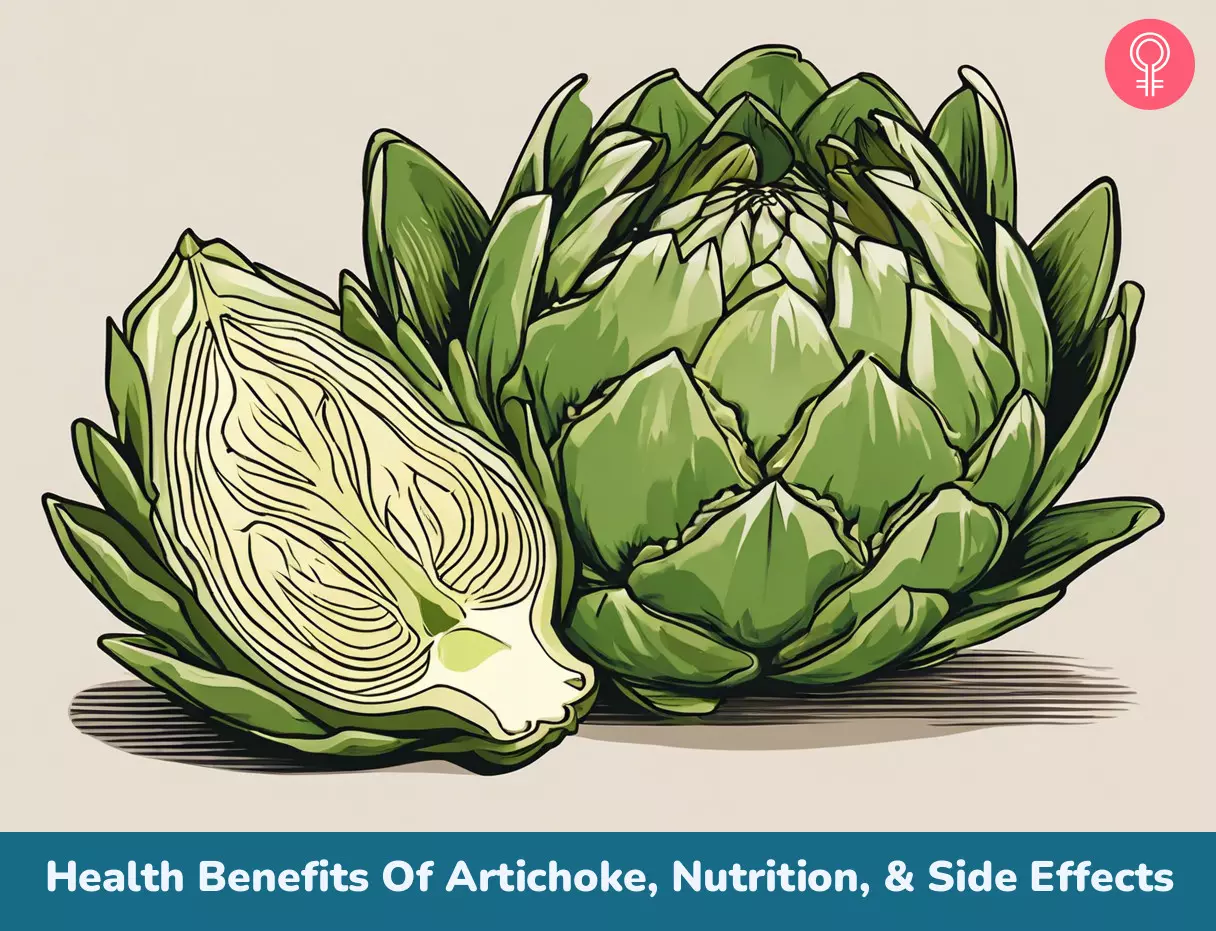
Image: Stable Diffusion/StyleCraze Design Team
Artichokes add a subtle flavor to the dish and are loaded with many beneficial nutrients that offer an array of health benefits. Check out this video to learn more about these benefits.
References
Articles on StyleCraze are backed by verified information from peer-reviewed and academic research papers, reputed organizations, research institutions, and medical associations to ensure accuracy and relevance. Read our editorial policy to learn more.
- “Artichoke leaf extract…”. US National Library of Medicine.
- “How to keep your gut happy”. The Telegraph.
- “Artichoke polyphenols induce…”. US National Library of Medicine.
- “Celery, artichokes contain flavonoids…”. College of ACES.
- “Effect of artichoke leaf extract on hepatic…”. US National Library of Medicine.
- “Health-promoting properties of artichoke…”. US National Library of Medicine.
- “Artichoke leaf juice…”. US National Library of Medicine.
- “Antioxidants for healthy skin…”. US National Library of Medicine.
- “Jerusalem artichoke…”. US National Library of Medicine.
- “In vitro inhibitory…”. US National Library of Medicine.
- “Protective effect of artichoke…”. US National Library of Medicine.
- “Effect of dietary supplementation of Jerusalem Artichoke…” Wiley Online Library
- “Phosphorus”. Department of Veteran Affairs.
- “Phytonutrients”. Missouri Department of Health & Senior Services.
- “Proper nutrition and birth defects”. Mary Baldwin University.
- “Effectiveness of artichoke extract…”. US National Library of Medicine.
Read full bio of Alexandra Dusenberry
Read full bio of Ravi Teja Tadimalla
Read full bio of Arshiya Syeda
Read full bio of Aparna Mallampalli





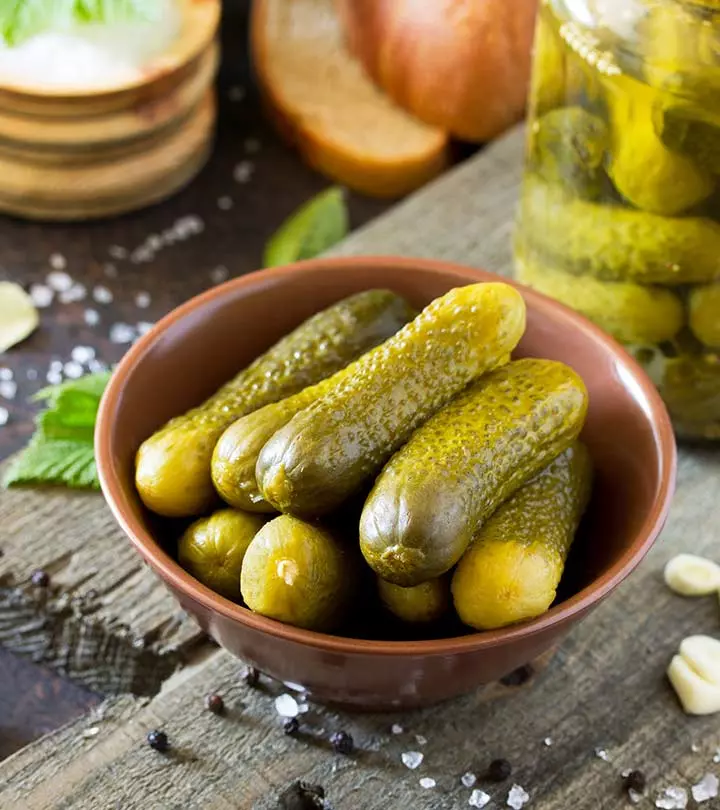
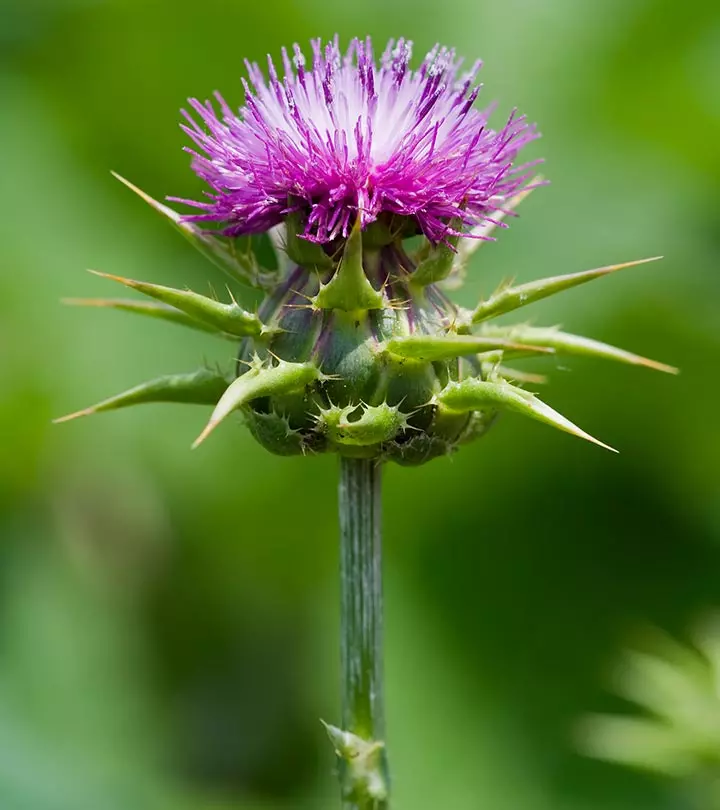
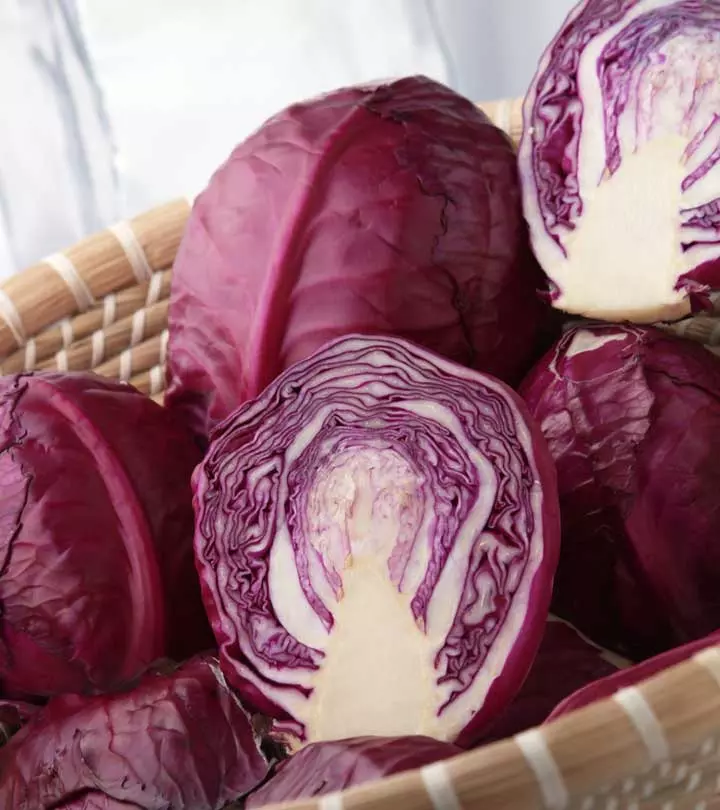
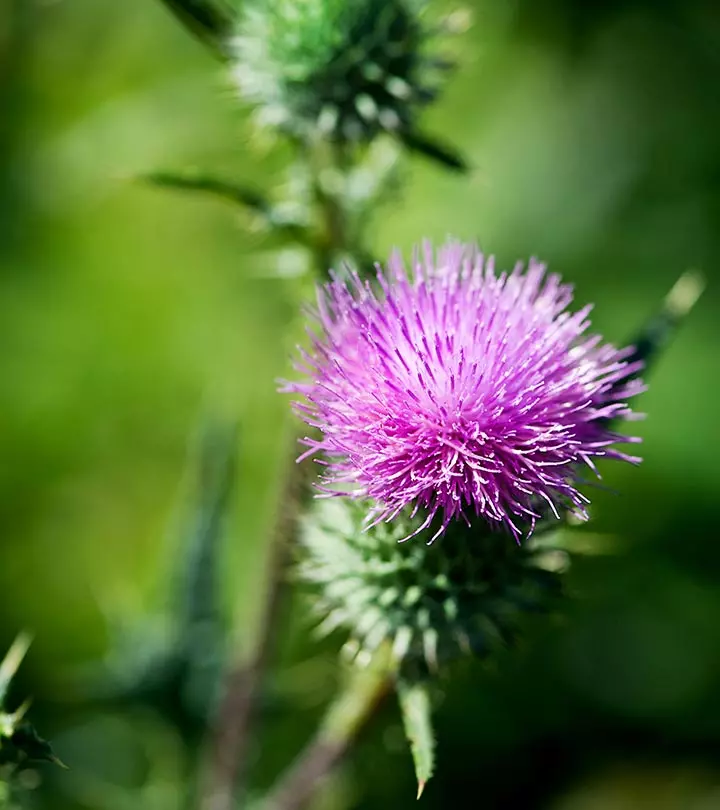
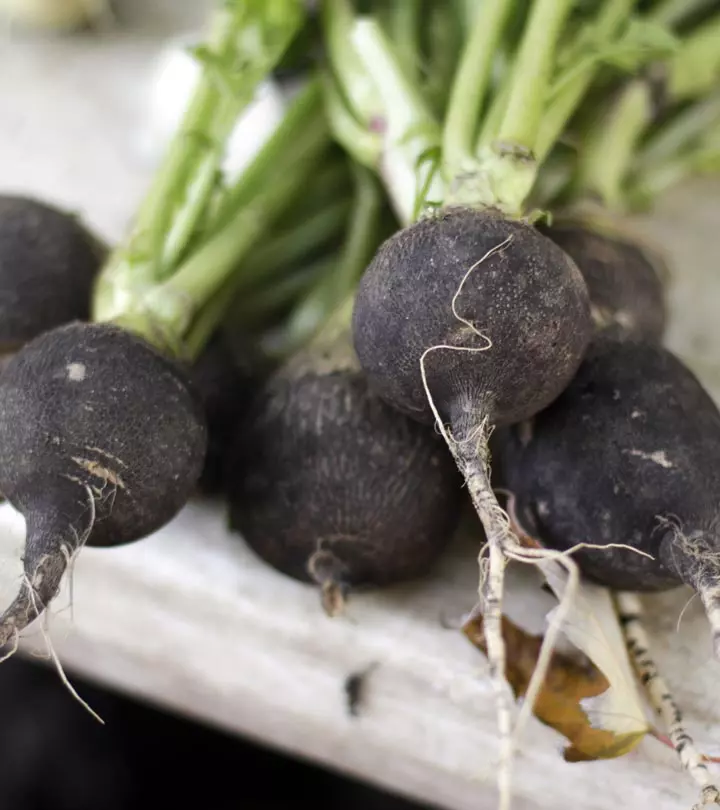
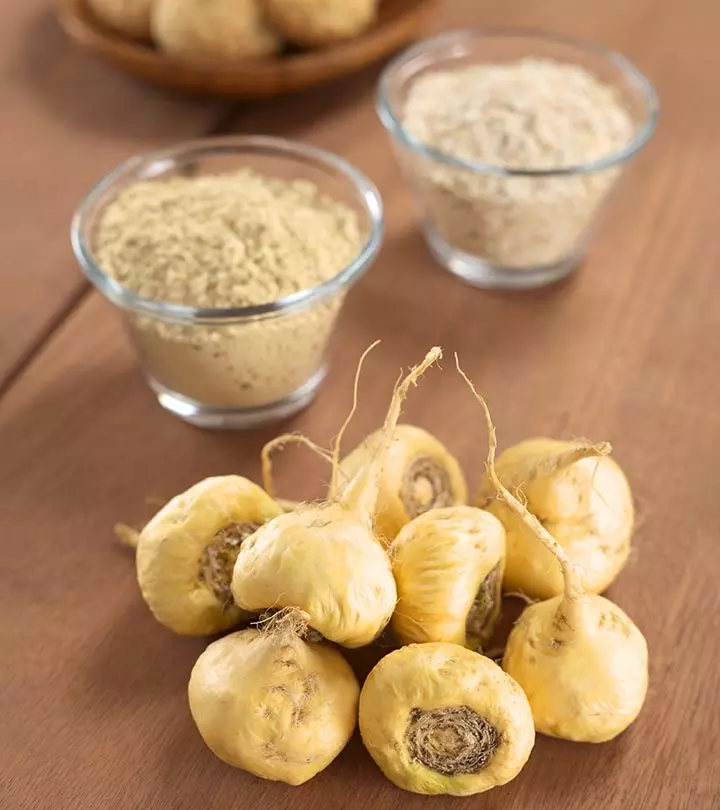
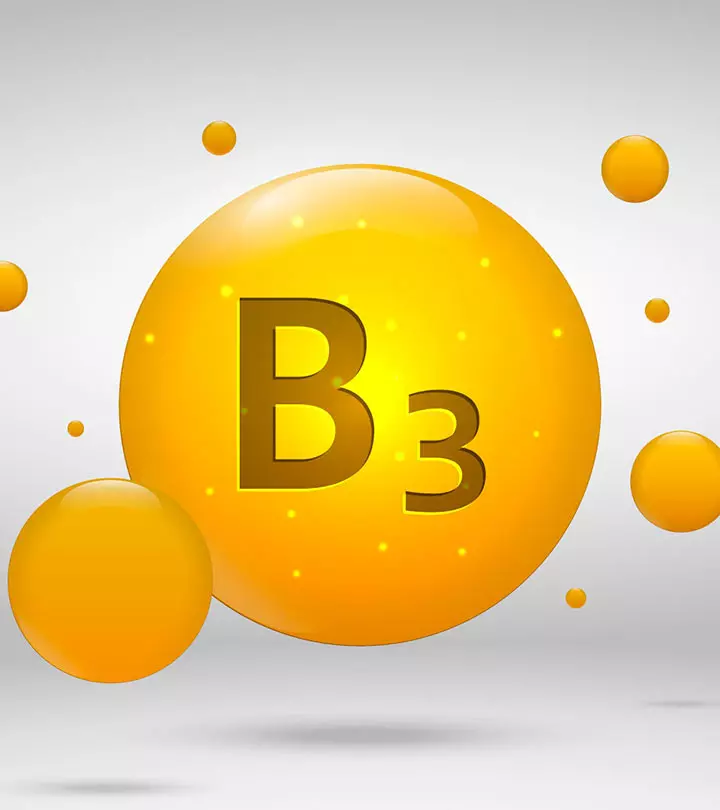
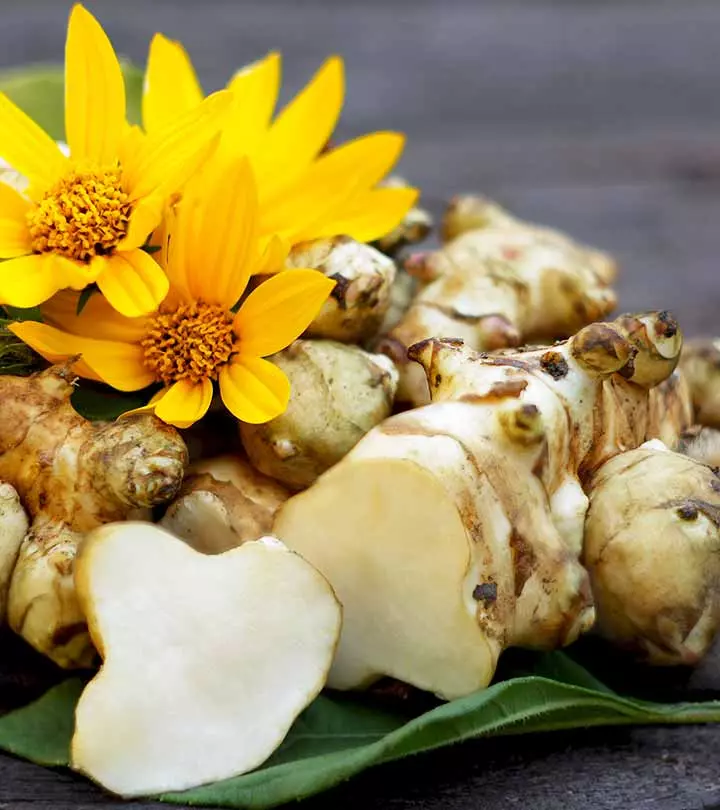

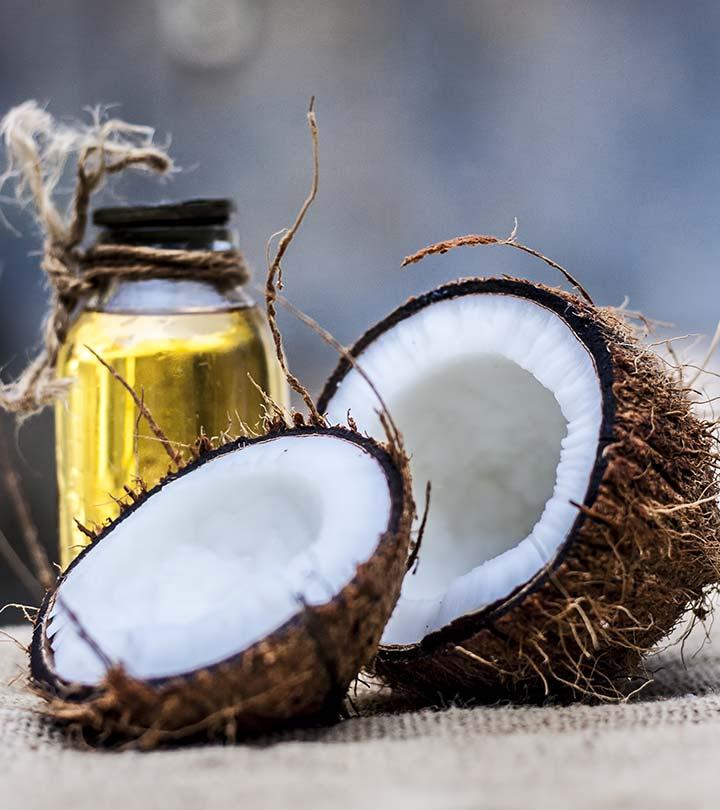
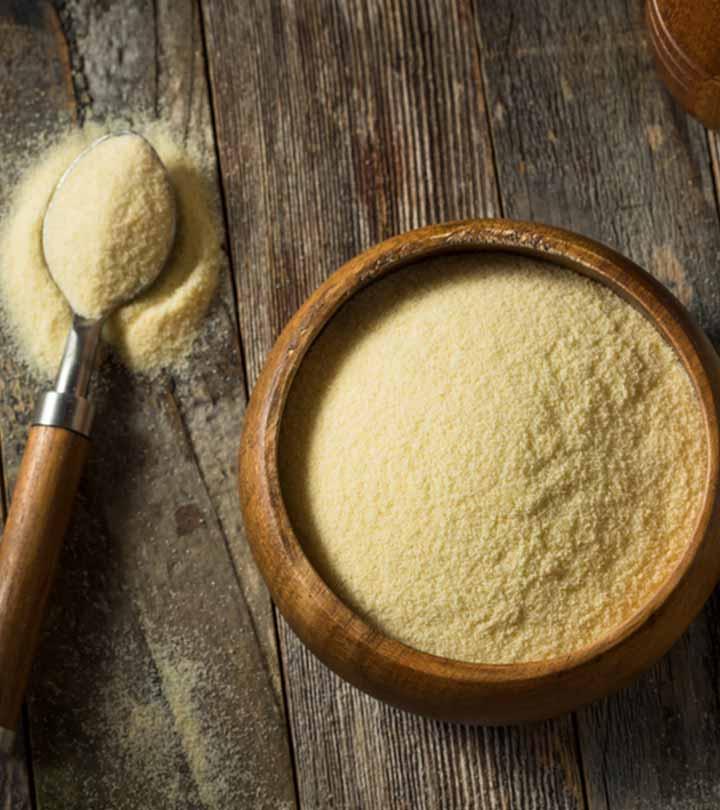
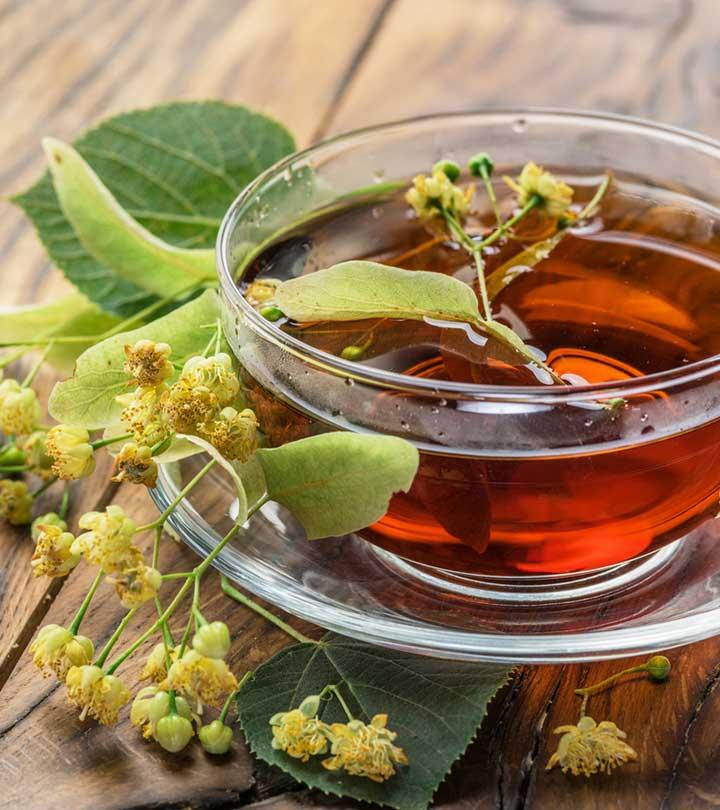


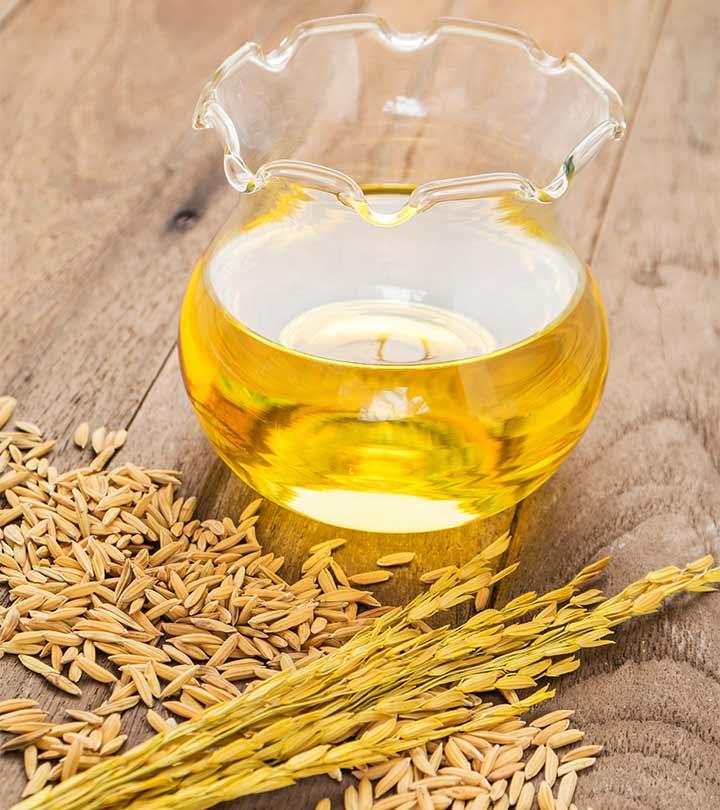

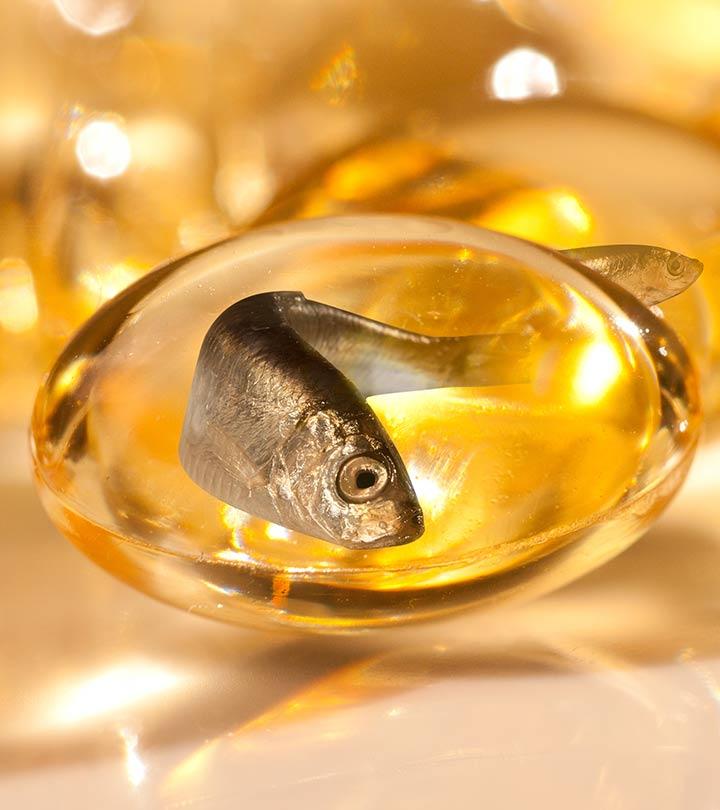
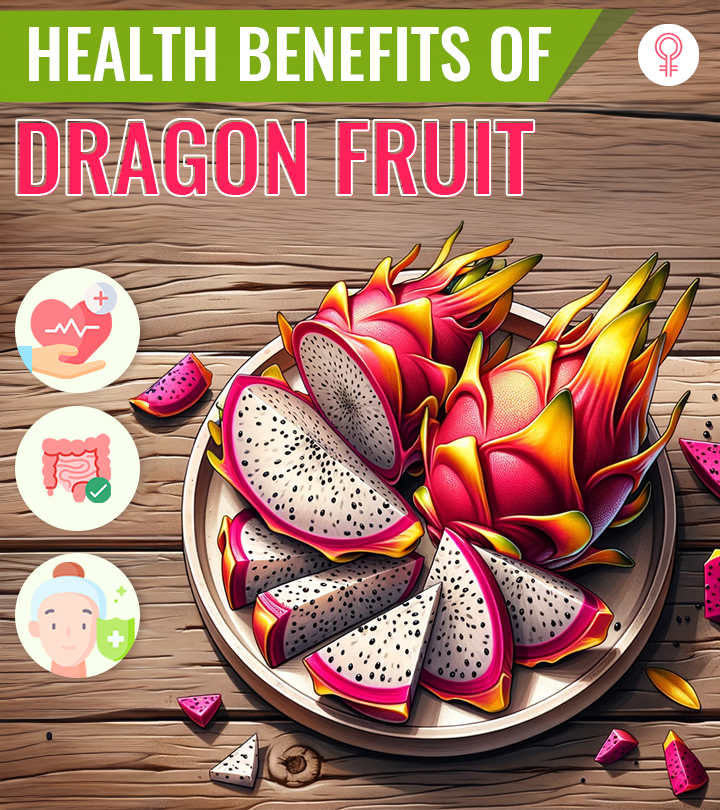
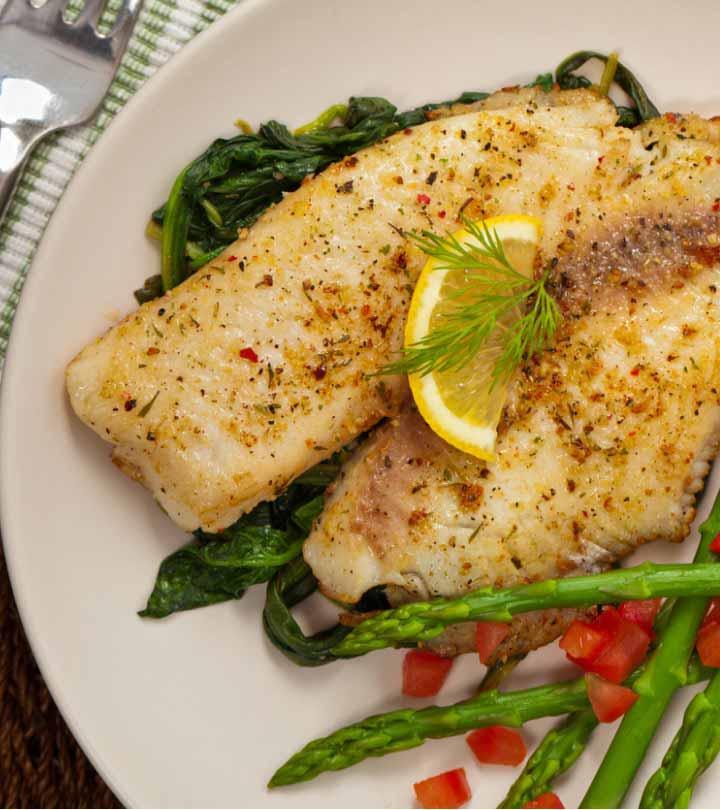
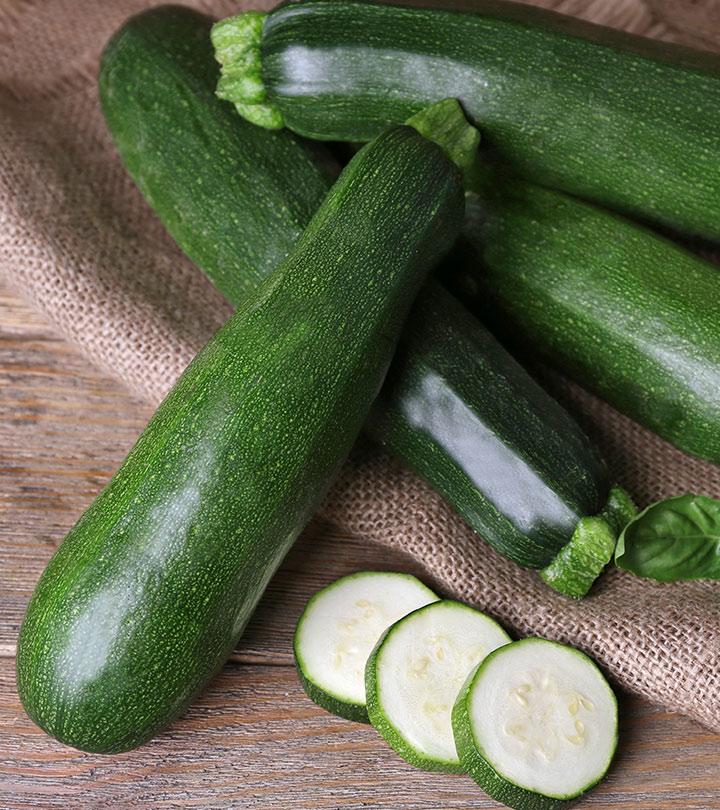

Community Experiences
Join the conversation and become a part of our empowering community! Share your stories, experiences, and insights to connect with other beauty, lifestyle, and health enthusiasts.